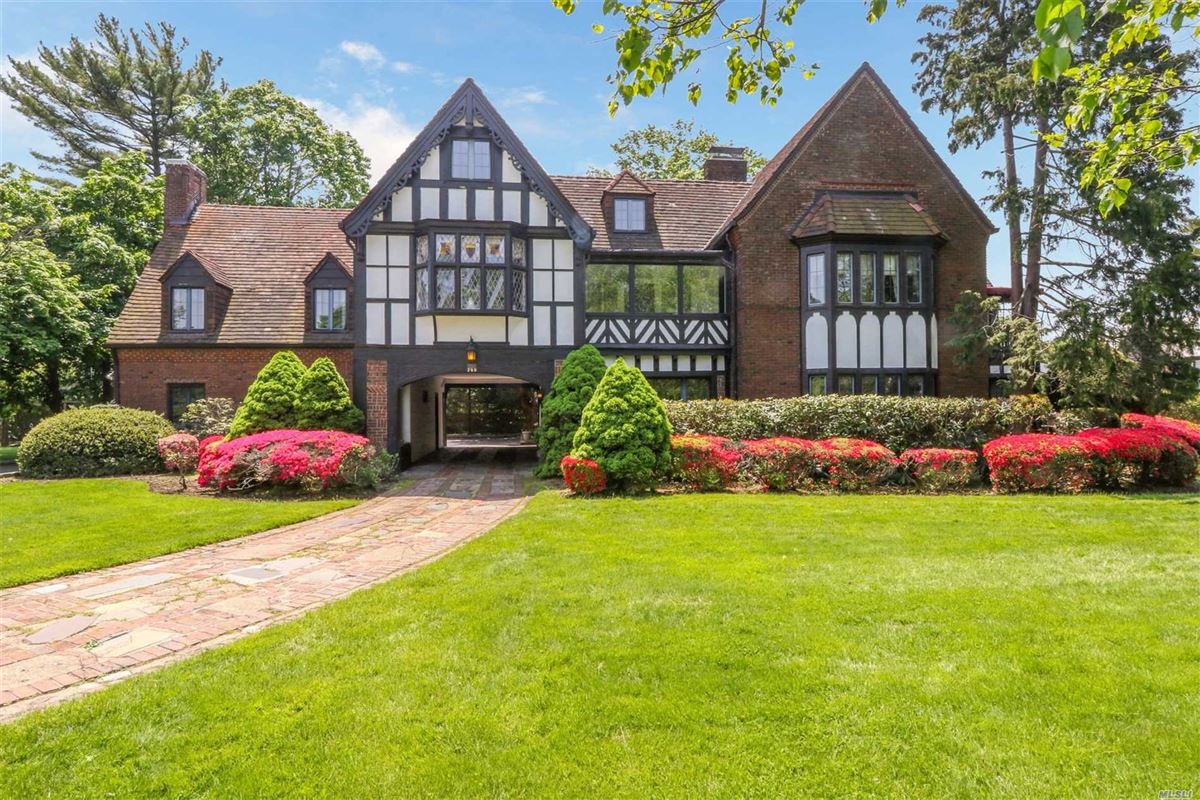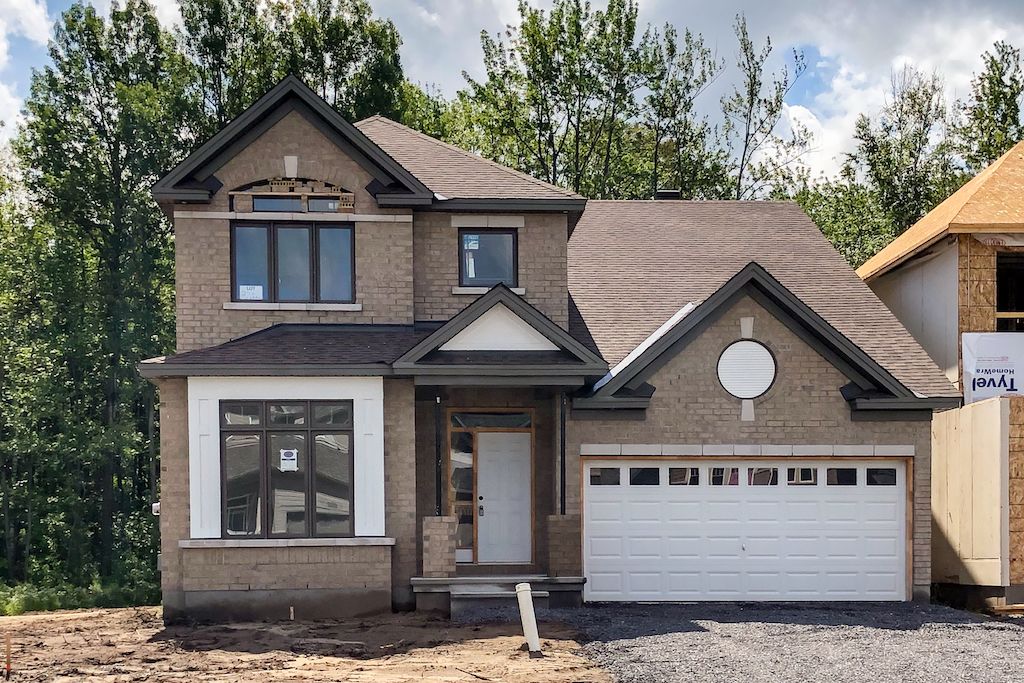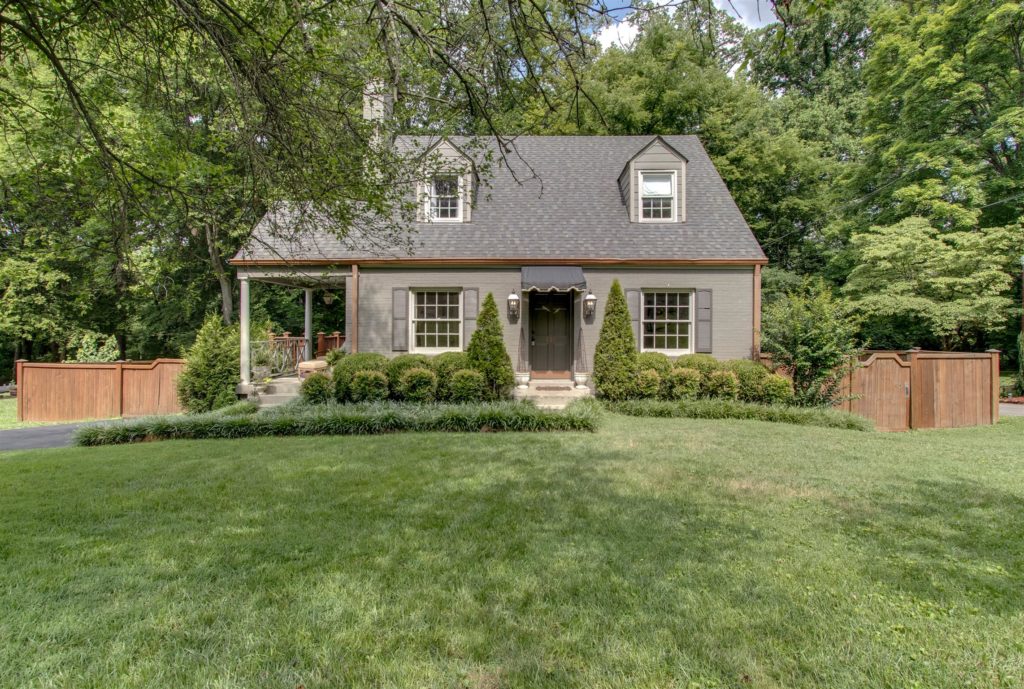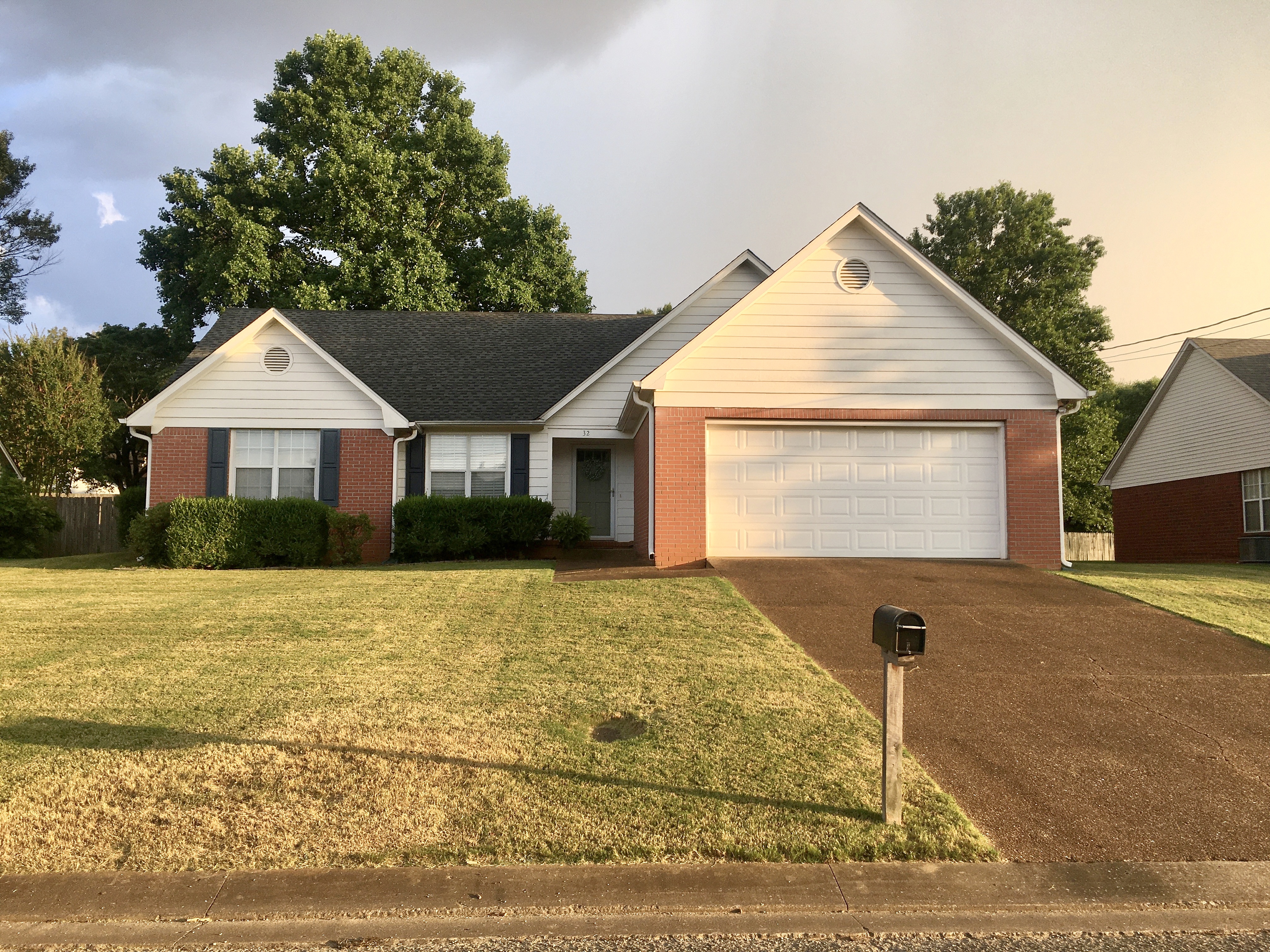Table of Content
Your inspector might find an underlying issue, for example with the A/C, he will then recommend you have a A/C specialist investigate further. I recommend having a general inspector check the property within the first couple of days of the offer being accepted, this way you will still have plenty of time remaining if a second option for a specialist is needed. That said, it’s important to recognize that while paying the option fee and including an option period provides more reassurance, asking for too much time may make your offer less competitive.
On one property I sold, the buyers waived a standard inspection but paid extra money for an extensive asbestos inspection. Finding large amounts of asbestos may have made their renovation plans far too costly. I have had a client waive an inspection on an investment property when it was very evident the house had foundation issues and would need improved plumbing and wiring.
Helpful Information for Buyers,Sellers and Agents.
The most significant distinctions between earnest money and option money are the amounts involved, the payee, and the refundability of the money. Although the amount of earnest money is negotiated between buyers and sellers, it is normally 1 percent of the sales price. When the earnest money is made payable to a title firm , it is transferred to the title business and put into an escrow account.
A bridge loan is definitely worth considering for borrowers who are trying tobuy and sell a home at the same time. The builder is merely an option buyer hoping to reap the benefits of the property’s price increase in the future. If the requested price of $2 million rises to $2.2 million in five months, the builder will benefit by exercising his option to acquire the property and reselling it at a profit to a third-party buyer. The property owner receives $2 million in cash, plus the $25,000 option premium, at the conclusion of the deal. From the sale of the property, the builder makes a profit of $175,000 on his investment. The majority of the time, real estate options are employed in certain scenarios when a buyer will profit from having the option to purchase real estate but is not required to do so by the conclusion of a holding term.
Blog – Option Period: What It Is and How It Affects Buying and Selling Texas Homes
If there are any issues, they’re also going to have to deal with them which is never fun. Keep in mind that a very long option period makes your offer less competitive. Purchasing a house is an extraordinary financial investment, and a change of heart could significantly impact your finances. Understanding the contractual elements in a real estate transaction is important to protect yourself and your investment. That is a good technical question on contract law for an attorney. I’m curious to see if you ask two attorneys, would you get two different answers as well.
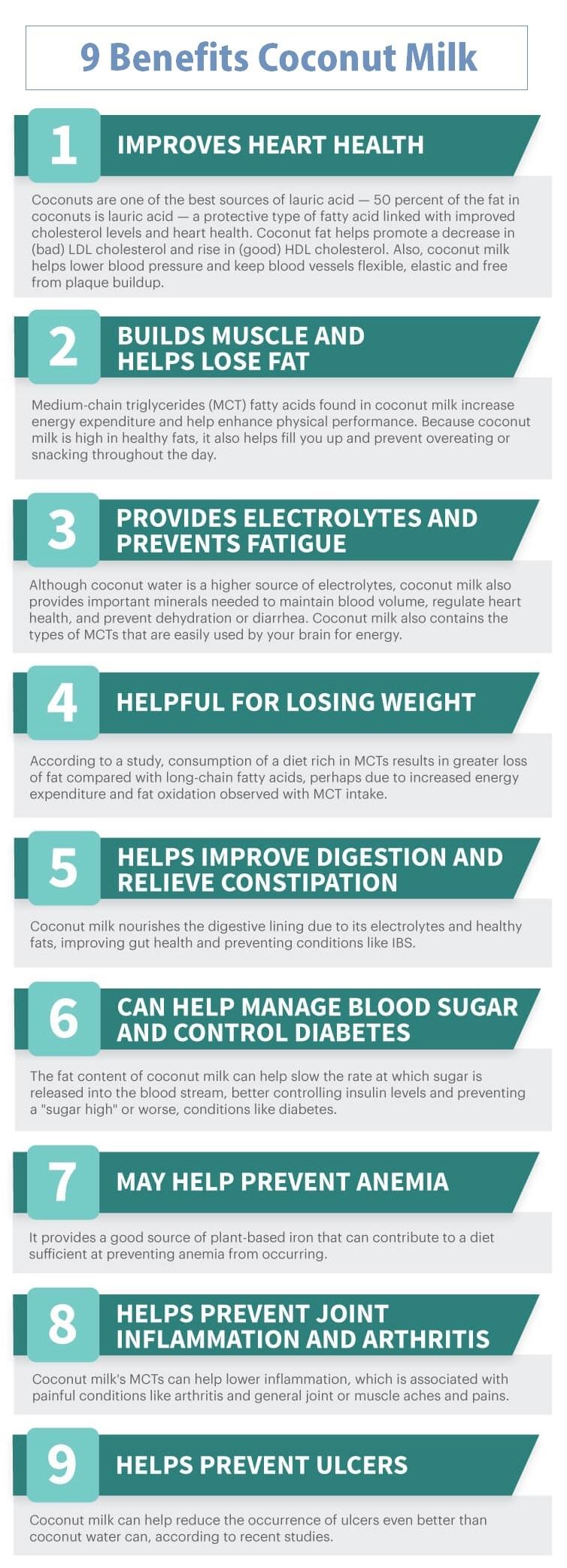
Neither the Texas Real Estate Commission nor the Texas Association of Realtors have emphasized the fact that buyer’s agents are responsible for delivering option money to the seller or the seller’s agent. An Option Period is a specified number of days during which the buyer has the right to have the property inspected and can cancel the contract for any reason. The Option Period can be “bought” for a fee known as the Option Fee in which the amount can be negotiated between the buyer and seller. The TREC 1-4 Family Residential contract only specifically mentions the buyer being able to receive their earnest money back in the event of termination for casualty loss . The option fee is paid for the right to terminate, not for the actual termination, so we would probably refer to an attorney to help us if a situation like this arose to help guide us to the right answers.
Why Is an Option Period Valuable?
The home will revert to “option pending” on the market and sellers can only accept backup offers during this time. In a buyer’s contract, option money is a very significant component. When a buyer pays an option fee, he or she is obtaining the unlimited right to cancel the contract at any moment throughout the period specified in the agreement. When buyers are putting in an offer on a house, there are often many questions about earnest money and option money, funds that are put down in the first few days of an executed contract. Option money, in particular, can be confusing so let’s talk about an option period in real estate and what that entails.
If the inspection uncovers serious issues or the seller won’t budge on the contract terms, you’re free to walk away from the sale without any repercussions—you’re allowed a change of heart. Another point of security is that the seller cannot make any other deals during the option period. The non-refundable fee is paid to the seller (usually about $100).
You and the seller agree on the length of the option period as one of the terms in your contract. For example, some complex properties with lots of systems (septic, a well, a pool, etc.) require longer option periods. While this period can last anywhere from a few days to a few weeks, Redfin reports that a typical option period is between one and two weeks long. To set up an option period, the buyer needs to pay a small option fee to the seller, usually around $100.

They ask us to extend option period and closing to 10 days but they did not send us to updated contract to sign. 😉 There are still multiple outs in a contract for a buyer other than the option. Theoretically, if no other outs existed in that particular contract, then the seller would have a claim to the earnest money. I advise my clients to ignore “option pending” or ‘pending” homes when searching. If the buyer of that home decided to terminate, the home will show as “active” again. As with most things in real estate, everything is negotiable but if you are a home buyer it is always a good idea to take advantage of the option period.
During the Option Period, the buyer can terminate the contract for any reason without the risk of losing their earnest money. In Texas, a standard option period is about seven days, however, this is an area that can be negotiated as well. In a seller’s market, a shorter option period is much more attractive and three or five days is common to see. On the flip side, a ten day option period may be requested if the option period falls over a holiday or is affected by other factors like weather. Upon termination of the option period, the real estate contract goes into full effect and the homebuying process proceeds to closing.
You should think of them as a “good faith” payment to a seller, indicating that you intend to purchase a home if it passes an inspection first. The non-refundable deposit isn’t a deal breaker for most consumers because the quantities involved are minor in comparison to the overall purchase price. Alternatively, if you wish to seek a refund of an option fee, you can request that the seller apply the money to the closing costs. A seller who is motivated to sell may be willing to do so, but he or she is not obligated to do so. Almost often, a seller will transfer an option fee into his or her own bank account. An earnest money payment, on the other hand, is deposited into an escrow account, which is handled by a bank or a real estate agent on the closing day.





